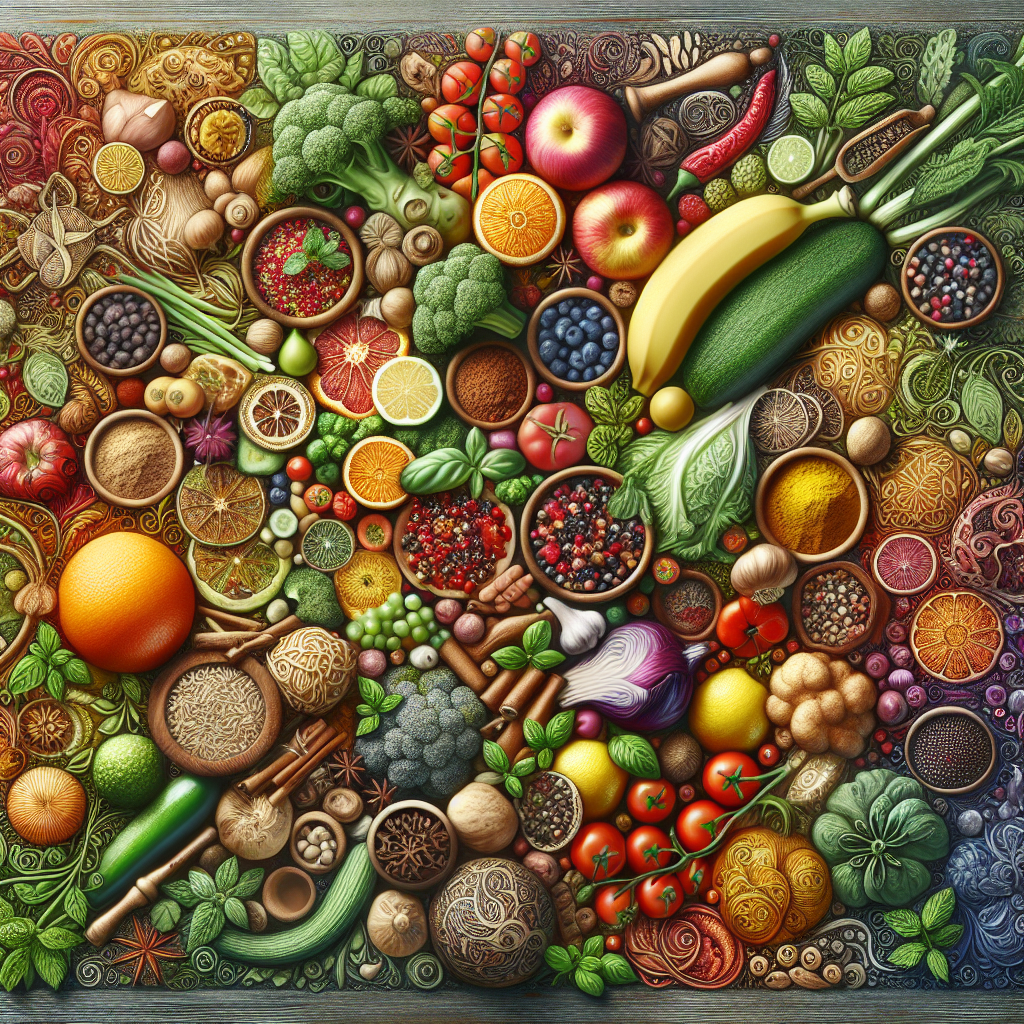Understanding the Basics of Meal Planning
Understanding the basics of meal planning is essential for anyone looking to take control of their nutrition and save time and money in the kitchen. Meal planning involves strategically organizing and preparing meals in advance, ensuring that you have a well-balanced and varied diet throughout the week. By mastering the art of meal planning, you can streamline your grocery shopping, reduce food waste, and make healthier eating choices.
One of the fundamental aspects of meal planning is creating a menu for the week. Start by considering your schedule and planning meals that align with your daily activities. Take stock of what ingredients you already have in your pantry and refrigerator, and build your menu around those items to minimize waste and save money. It’s also important to factor in dietary preferences, ensuring that each meal provides the necessary nutrients and appeals to everyone at the table.
Another key component of meal planning is creating a detailed grocery list based on your menu. This step helps you stay focused at the store, avoiding impulse purchases and ensuring that you have everything you need for the week. When writing your grocery list, be sure to include quantities and specific ingredients to streamline the shopping process further.
Lastly, understanding the basics of meal planning involves dedicating time for food preparation. This may involve batch cooking, where you prepare larger quantities of certain meals and portion them out for the week ahead. By investing time in meal prep, you can save time during busy weekdays and reduce the temptation to resort to less healthy convenience foods.
By grasping the fundamentals of meal planning, you can create a more efficient and mindful approach to your meals, setting yourself up for success in achieving your nutritional goals.
Essential Tools and Techniques for Successful Meal Planning
Meal planning is a crucial aspect of maintaining a healthy and organized lifestyle. Whether you are a seasoned meal planner or just beginning your journey, having the right tools and techniques at your disposal can make a significant difference in your success. Here are some essential tools and techniques to help you master meal planning:
1. A Meal Planner or Planning App
Having a designated meal planner or utilizing a meal planning app can simplify the process and keep you organized. It allows you to jot down your meal ideas, create shopping lists, and track your progress. Some popular meal planning apps include Mealime, Plan to Eat, and Paprika.
2. Quality Kitchen Equipment
Investing in good quality kitchen equipment such as sharp knives, cutting boards, and reliable cookware can make meal preparation efficient and enjoyable. Having the right tools can streamline the cooking process and make it easier to stick to your meal plan.
3. Basic Cooking Skills
Even if you’re new to cooking, learning some basic cooking skills can go a long way in meal planning. Knowing how to chop vegetables, cook rice, and prepare simple sauces can help you whip up meals in no time.
4. Understanding Food Storage
Knowing how to properly store fresh produce, leftovers, and pantry items can help minimize food waste and maximize the longevity of your ingredients. Investing in some quality food storage containers and understanding shelf lives can contribute to successful meal planning.
5. Variety and Flexibility
While it’s essential to plan your meals, it’s also important to allow for some flexibility and variety. Incorporating different cuisines, flavors, and cooking methods into your meal plan can keep things interesting and prevent mealtime monotony.
By incorporating these essential tools and techniques into your meal planning routine, you can set yourself up for success and make the process more enjoyable and sustainable.
Creating Balanced and Nutritious Meal Plans for Every Week
When it comes to mastering meal planning, creating balanced and nutritious meal plans for every week is essential. A well-balanced meal plan should include a variety of nutrients such as lean proteins, whole grains, healthy fats, and a rainbow of fruits and vegetables. Beginners can start by incorporating different food groups into their meals and snacks to ensure they are getting a wide range of essential vitamins and minerals.
It’s important to consider individual dietary needs and preferences when creating meal plans. Whether someone is vegetarian, vegan, or has specific dietary restrictions, there are plenty of delicious and nutritious options to explore. This can involve researching and incorporating new recipes and ingredients to keep mealtime exciting and satisfying.
Furthermore, planning meals in advance allows for better portion control and can help prevent impulsive food choices. Preparing a weekly meal schedule and grocery list can also save time and money, as well as reduce food waste. By taking the time to plan and prepare balanced meals, beginners can establish healthy eating habits that can have a positive impact on their overall well-being.
